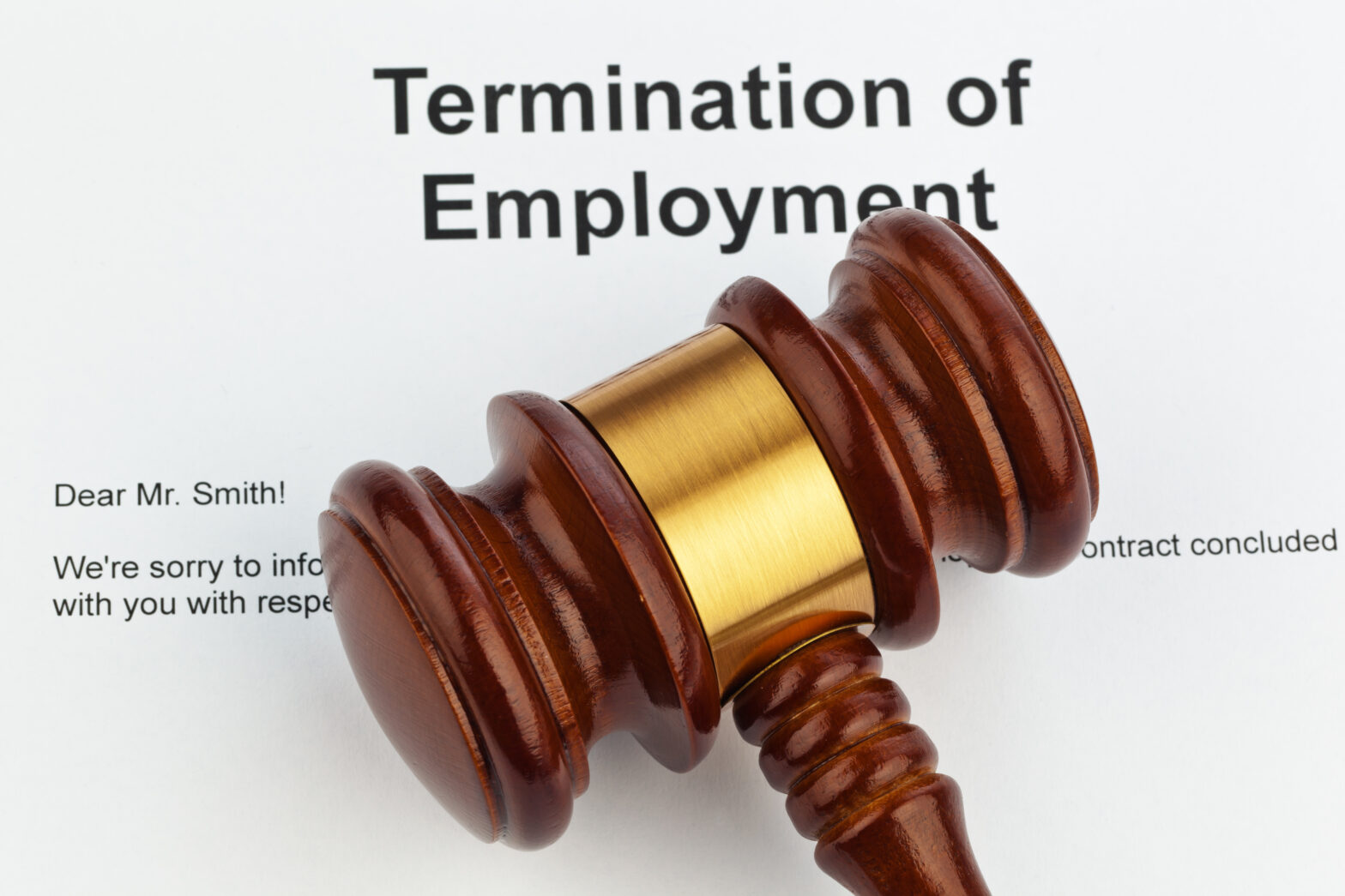During disciplinary action, if employees feel that the decision against them is wrong or unjust they can quite clearly appeal it. The importance of stressing the existence of an appeals procedure is that, without it, it is likely that a dismissal will be found to be unfair dismissal.
The right to appeal is contained in the Acas Code of Practice on Disciplinary and Grievance Procedures.
Following the Code is crucial because if an employee makes a claim at an employment tribunal, the panel will look to see if the Code has been followed. Where the employer has not followed the Code, an increase in any awards by up to 25 per cent for an unreasonable failure to comply can be awarded. Offering the right to appeal is also beneficial to the employer because if the employee does not follow the code, ie by not appealing the decision, any award made at tribunal can be decreased by up to 25 per cent.
The presence of the appeal procedure should be highlighted during disciplinary procedures so that the employee is aware of the procedure in place, that the right exists and to show that a fair process has been followed. When an employee receives a letter confirming a sanction this should include a section detailing the right to appeal, the time limit to do so and the person to whom the appeal must be made. Where possible, an appeal hearing should be chaired by a different person to who heard the original hearing or carried out any investigation.
An appeal can be important when dismissing employees because it will allow any new evidence that has come to light since the earlier hearing to be considered; this new evidence could potentially make the earlier decision unfair. Also, if the earlier disciplinary procedure has missed a stage or carried out a stage unfairly, for example, having the same person carry out an investigation hearing and the disciplinary hearing, the appeal can be used to rectify any previous unfairness by conducting a rehearing of the whole case. This can be the difference between winning and losing a claim at tribunal.
Appeals should be heard without unreasonable delay at an agreed time and place. Employees have a statutory right to be accompanied at an appeals hearing; not allowing this can result in a claim at an employment tribunal where compensation of up to two weeks’ pay can be awarded.





